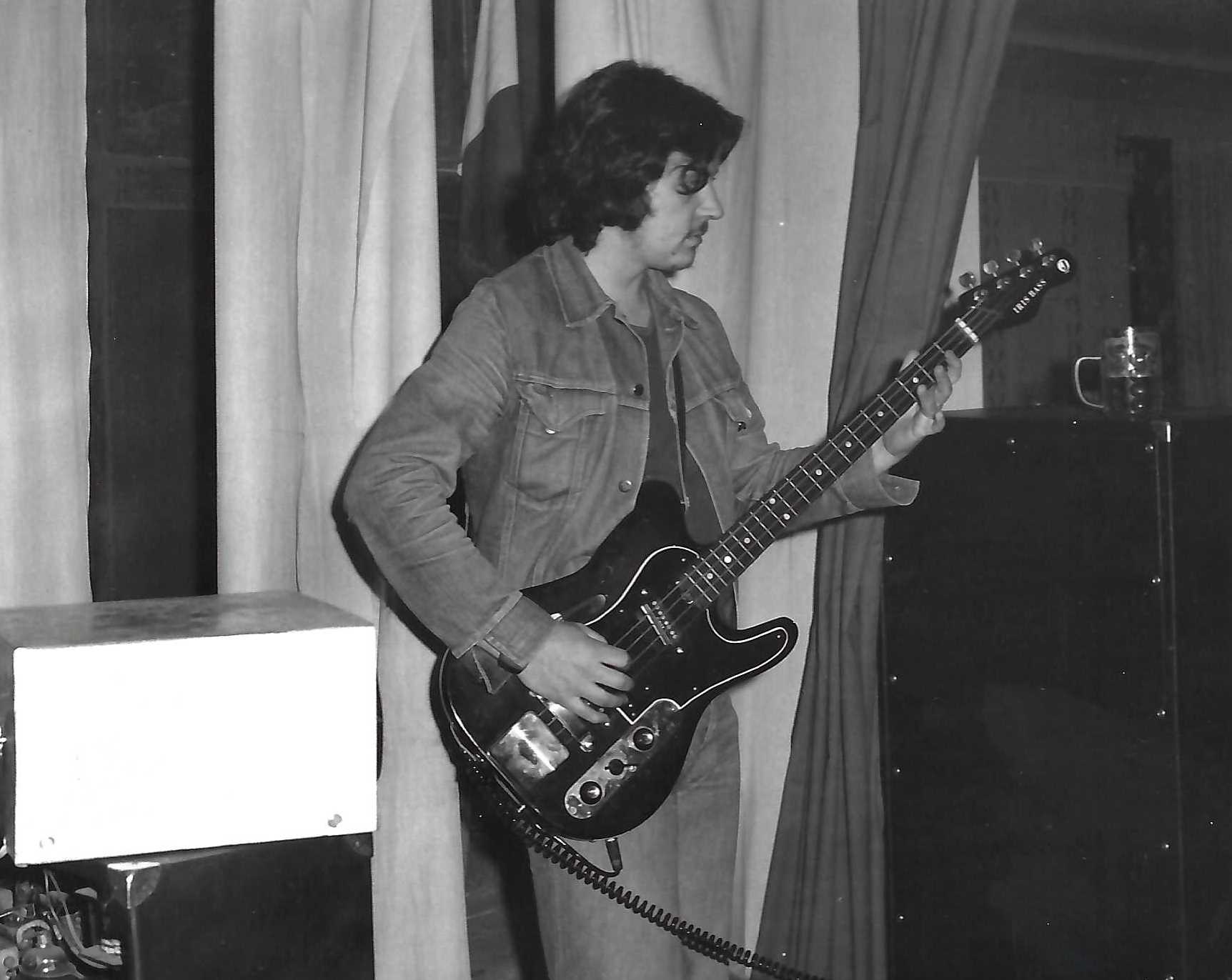When nothing was allowed, we had to create a parallel world

Stáhnout obrázek
Jiří Větrovský was born on 10 March 1954 in Mariánské Lázně. From the age of six he grew up in Pilsen. Already in elementary school he perceived the absurdity of the socialist ideology that was drilled into the pupils at Pionýr or during conscription exercises. His negative attitude towards the ruling regime became definitively clear after the occupation by Warsaw Pact troops in 1968. He spent that time with his grandmother in the countryside, but the following days, as a 14-year-old boy, he observed the events in Pilsen, where people signed petitions and demonstrated. In the seventies, he refused to submit to the slogan „If you have long hair, don‘t come among us“ and remained long-haired, which was a clear sign of resistance against the regime and a source of much unpleasantness. While studying at university in Prague, he met legends of the underground in famous pubs. Despite a serious spinal injury, he was conscripted into the army. On his return, he and his friends formed an underground band called The Úžas, later renamed The Suřík in an attempt to outwit the regime. The brutal crackdown by public security at a concert by this band did not escape the attention of the Vienna-based Voice of America. The events of the so-called Palach Week in January 1989 inspired Jiří and Hana Větrovská and their circle of friends to found the puppet-acting group HROB, whose first premiere was Havel‘s Audience. Since 2006, the witness has been performing in the group burgtheater, which exclusively sets texts by Vratislav Brabenec, and still performs with the theatre group.










